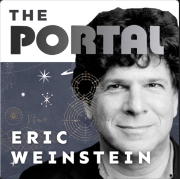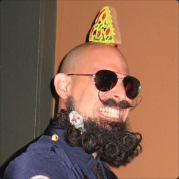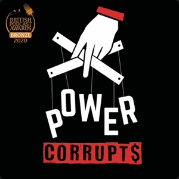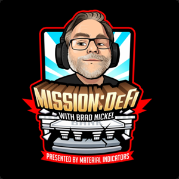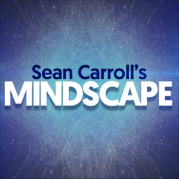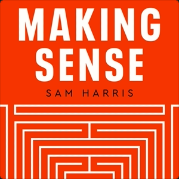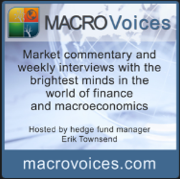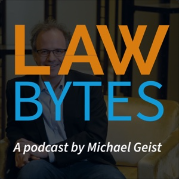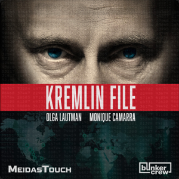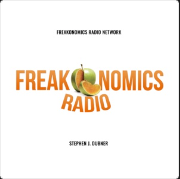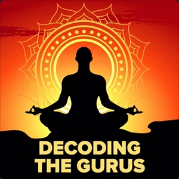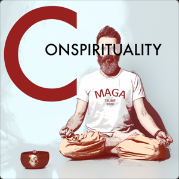Interview with BBC tech writer Rory Cellan-Jones.
I tend to avoid podcasts where the guest is a journalist, because, well, Chrichton’s Gell-Mann Amnesia effect. The stroycraft all too often precedes the insights.
Ironic how many complain about the precedence of narrative at the expense of fact, who then platform so many journalists, whose incentives are to produce and popularize narrative at the expense of fact.
That said, when journalists talk about journalism, things change. They become more conceptually fluid and less rhetorically fluid. A good sign we are moving away from incentivized narratives and toward individual insights. This happens here as Rory moves away from recalling and hyperbolizing tech stories, and toward to his experiences in journalism.
7:16
Rory suggests that the iPhone was more significant that assembly line production.
This is an example of why journalists are so hard to trust. Fatuous, wrong claims, if extreme and dramatic enough satisfy their incentives to aggregate attention.
Its an absurd claim. Modern life is not possible without the productivity surpluses produced by assembly line production. In fact the iPhone is not possible with out assembly line production. And we had a modern world, almost indistinguishable from today long before the iPhone. The claim is nonsense.
Furthermore it is heavily biased. First, recency bias. The iPhone is in living memory, while Ford’s assembly line production is not.
Second, egocentric bias. The iPhone announcement was Rory’s first tech story — it was his coming out announcement too. He is projecting the this event’s personal significance on history itself — everything changed for me from that moment, therefore everything changed for everyone for all time from that moment.
Third, you can tell in his recounting of the iPhone event that it’s the story that matters most. Given his journalistic incentives it’s the story that must matter most. And the teller must do everything possible to maximize this. And so he does.
IOW, sober reflection is the goal, the job, of the temperament. That is for historians, not journalists.
11:00
“you’ve got to get your hands in that phone”
Look, it was and is a great product. But seriously, it was just an evolution from things we had long had… Palm VII, treo, BlackBerry. It was just incrementally better.
I also held an iPhone in 2007. It was impressive. Like the first time I sat in a Tesla, or used Windows95. But it was certainly not a world defining moment.
12:28
“… reflective of the fact that it had been such a struggle to get ahold only one of those things”
This feels like another journalistic lie, because it increases the drama at the expense of truth. You see, there was no struggle — because no one knew about it before the announcement — and recall, that Rory said this was his first tech writing assignment.
24:50
“Tik Tok is the ultimate creative experience.”
No. No it is not. It just sounds dramatic and contemporary and ironic to say this. For a journalist things must be the most, the least, the best, the worst, to maximize the narrative drama. Again, everything is subordinated to “The Story”
26:20
Shortening attention span.
Rory takes issue with the claim of shortening attention spans, siting long form podcasts. An excellent point. Interestingly both can be true.
“The opposite of a profound truth is often also true” -Richard Farson
At this point the interview turns to journalism itself and become much much better. Not much noteworthy. But still a better interview.

